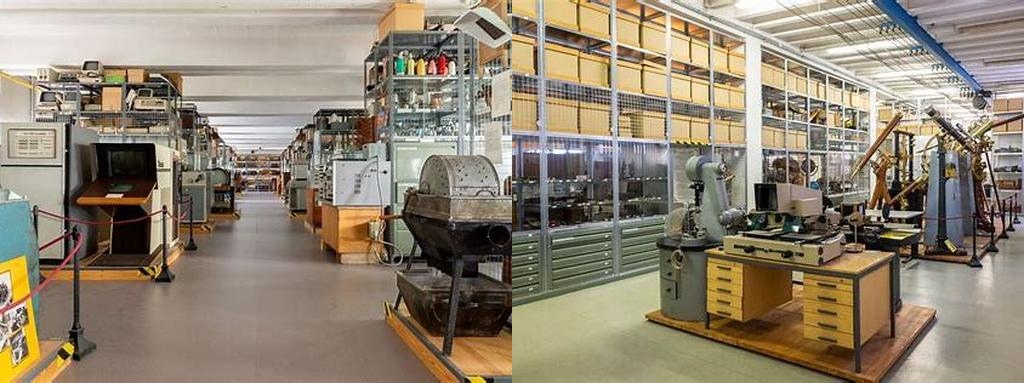
Műszaki Tanulmánytár sits quietly on the Buda side of Budapest, its old school ambience both welcoming and slightly mysterious. Unlike the more famous halls of the Hungarian National Museum or the playful galleries of the House of Terror, this unique spot feels like a tribute to both childlike curiosity and a proud technical past. You won’t find throngs of selfie-snapping crowds here; instead, there’s a gentle hush as visitors of all ages roam the aisles between odd machines, clunky tools, and inventions that somehow managed to shape whole eras. The collection itself is a love letter to the not-so-distant days of gear, steam, and visionaries with oil-stained hands.
Perhaps the first thing you’ll notice is the glorious unpredictability of the exhibits. The layout has a certain honest chaos about it, a whimsical “work-in-progress” style that makes the Műszaki Tanulmánytár delightfully approachable. One moment you may be marveling at hunks of 19th-century engineering—a steam engine that once rattled along countryside tracks; the next, you’re turning a corner to find quirky everyday relics or model airplanes dangling overhead. There’s a certain magic in rounding a wooden banister to encounter some weirdly familiar, yet obsolete, gadget—like an early Marvel at a 1960s Hungarian television or a dazzlingly intricate telephone switchboard from the age when staticky voices were the closest thing to a video call.
If you geek out over visionary inventors, then there’s much to savor in the stories sprinkled throughout these shelves. One floor is like a shrine for Ányos Jedlik, the father of the dynamo, his experiments lovingly preserved alongside unexpected tributes to other Hungarian engineers—such as Dénes Mihály, who contributed to early television. There are pocket watches that belonged to railway workers, dusty blueprints for inventions we never ended up using, and fragments of everyday Hungarian life, which both locals and travelers find surprisingly touching. Some of the more enchanting relics are those that once belonged to real-life people—think hand-cranked calculators, measuring instruments, and quirky early computers—all telling accidental tales of innovation and perseverance.
What’s especially charming about the Műszaki Tanulmánytár is how it feels alive, despite its devotion to the past. The museum staff, clearly passionate, occasionally offer impromptu demonstrations, breathing life into ancient printing presses or showing how a mysterious electric contraption hums alive with a little coaxing. Children giggle as gears grind; parents get lost explaining the cathode ray tube; older visitors even sometimes recognize the very items they once wielded at their own youthful workplaces.
While you could easily spend an hour scanning the highlights, the true joy comes from slowing down and allowing the seemingly endless nooks and crannies to surprise you. The museum’s satisfyingly old-school presentation—think manual labels, wooden cases, and handwritten catalogs—gives every visit a personal touch, like rifling through a beloved grandparent’s attic. Don’t miss sneaking upstairs, where some of the more peculiar odds and ends are hidden, including a full-scale model of a workshop and a short course in Hungarian industrial history.
For anyone who yearns to understand Budapest beyond its picturesque facades and famous spas, the Műszaki Tanulmánytár is quietly essential. There is history here, yes, but also a humility and playfulness that makes it unforgettable. It’s a microcosm of Hungarian creativity—less polished than other museums, perhaps, but infinitely more welcoming for anyone willing to let their curiosity lead the way.





